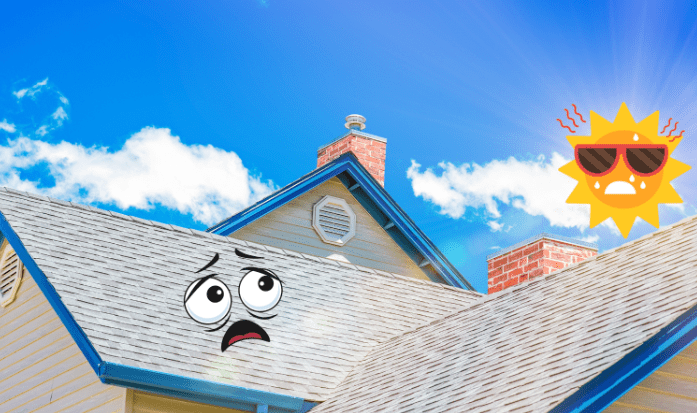- By Bella Blog
- Roofing, Roofing Technology
- 0 Comment

Discover essential tips to ensure your roof is ready to withstand the summer heat and weather conditions.
Inspect Your Roof Regularly
Regular roof inspections are crucial to identify and address any potential issues before they become major problems. Make it a habit to inspect your roof at least once a year, preferably before the summer season. Look for any signs of damage, such as cracked or missing shingles, loose flashing, or sagging areas. If you notice any issues, consider hiring a professional roofer to assess the situation and make necessary repairs.
Another important aspect of roof inspection is checking for signs of water damage or leaks. Look for water stains on the ceiling or walls, as well as any mold or mildew growth, which can indicate a roof leak. Addressing these issues promptly can prevent further damage and costly repairs.
Clean Your Gutters and Downspouts
Keeping your gutters and downspouts clean is essential for proper roof maintenance. Clogged gutters can lead to water backup, which can seep into your roof and cause damage. Remove any leaves, twigs, or debris from your gutters and downspouts to ensure proper water drainage. Consider installing gutter guards to prevent debris buildup and make maintenance easier.
In addition to cleaning, it’s important to check the condition of your gutters and downspouts. Look for any signs of damage, such as rust, holes, or loose connections. Repair or replace damaged sections to ensure efficient water flow and prevent water from overflowing onto your roof.
Trim Trees and Branches Near Your Roof
Overhanging trees and branches can pose a threat to your roof, especially during summer storms. Strong winds can cause branches to break and fall onto your roof, causing damage to shingles or even puncturing the roof surface. Trim any trees or branches that are close to your roof to minimize the risk of such incidents.
In addition to preventing physical damage, trimming trees and branches near your roof can also prevent the growth of moss or algae. These organisms thrive in shaded areas with limited sunlight, and they can deteriorate your roof over time. By allowing more sunlight and airflow to reach your roof, you can reduce the chances of moss or algae growth.
Check for Signs of Damage
Regularly checking for signs of damage is crucial to maintaining a healthy roof. Look for any visible signs of damage, such as cracked or missing shingles, damaged flashing, or loose roof tiles. Pay attention to any leaks or water stains on the ceiling or walls, as they can indicate a roof problem.
It’s also important to inspect your attic or crawl space for signs of roof damage. Check for any water stains, dampness, or mold growth, as these can be signs of a leaking roof. Addressing these issues promptly can prevent further damage and protect the structural integrity of your home.
Schedule a Professional Roof Inspection
While regular DIY inspections are important, it’s also recommended to schedule a professional roof inspection at least once a year, preferably before the summer season. A professional roofer can assess the condition of your roof more thoroughly and identify any hidden issues that may not be visible to the untrained eye.
During a professional roof inspection, the roofer will check for signs of damage, assess the overall integrity of the roof, and recommend any necessary repairs or maintenance. They can also provide valuable insights and advice on how to prolong the lifespan of your roof and ensure its optimal performance.

Call Bella Construction Today...724-515-5163
www.mybellaroof.com
Bella Blog
Welcome to Bella Construction & Developement Inc., where excellence meets affordability in the realm of construction services.




